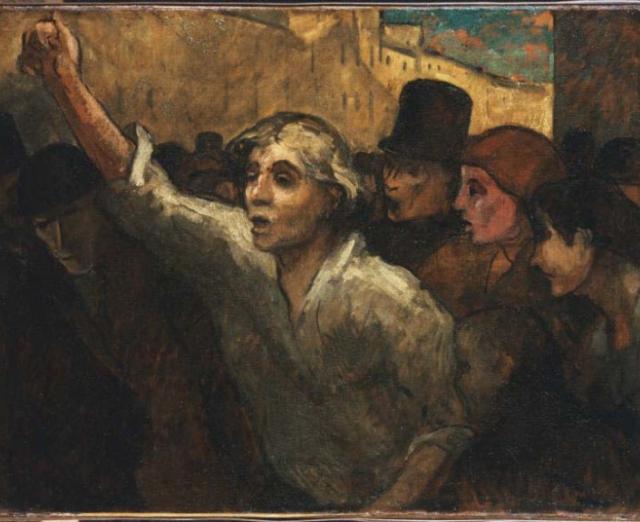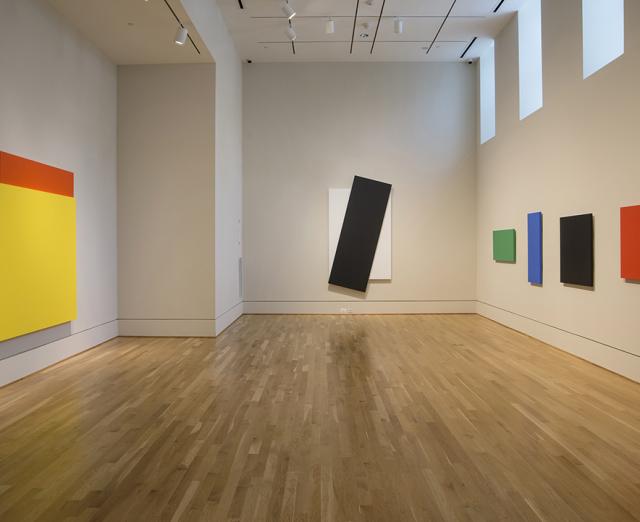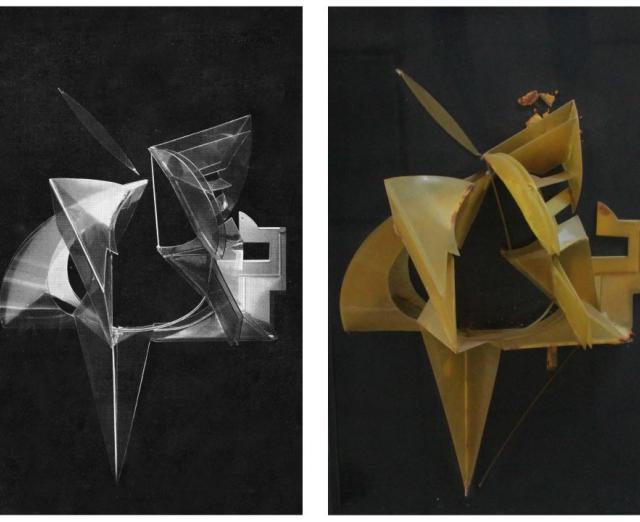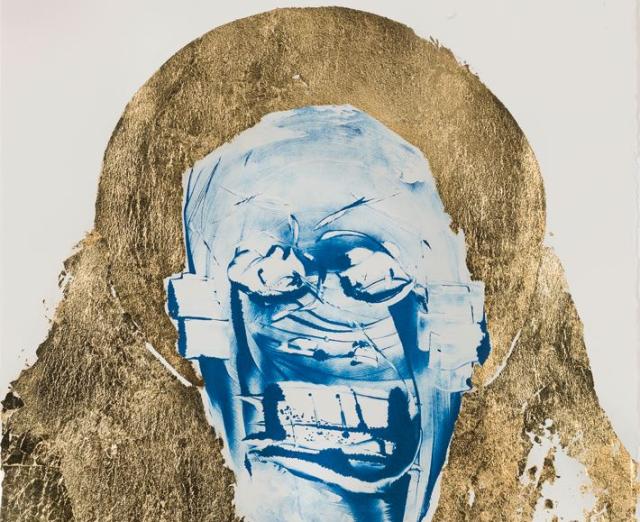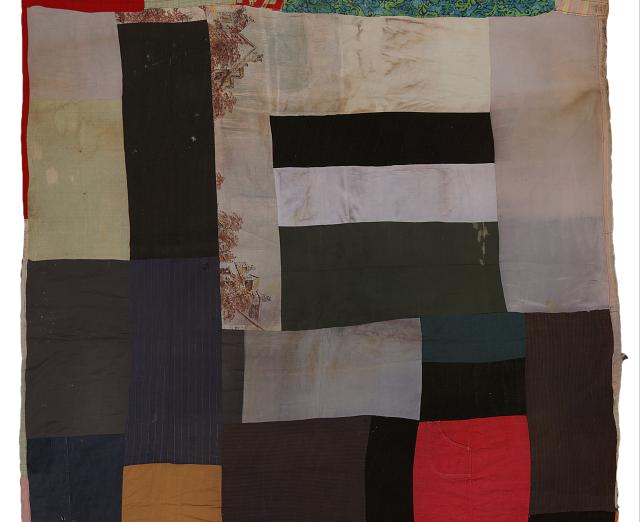Responding to The Migration Series: Annalisa Dias
Collection, Exhibitions & Events
The Phillips has commissioned five plays from local playwrights in response to Jacob Lawrence’s Migration Series. The resulting 10-minute, one-act plays will be performed on October 20. In this series, we interview each playwright.

Annalisa Dias
Why did you decide to get into theatre? Was there someone or a particular show that inspired you?
Annalisa Dias: I did theatre in middle school and high school. I had an English teacher who suggested I try participating in the Pittsburgh Public Theatre (PPT)’s annual Shakespeare monologue contest in 8th grade, so I did that, and then very quickly got hooked and participated in basically every education program that PPT offered for the next five years. I still look at my experience with their Shakespeare Intensive program as formative. This was a three-week high school summer program by the end of which students put up an entire play on the PPT stage. The year I did it, we did Macbeth. I’ve been sort of obsessed with that play ever since. The irony, of course, is that as my understanding of colonial power structures has grown, I’m no longer a huge proponent of Shakespeare. In fact, just recently, I was invited to speak at DC’s Shakespeare Theater Company about race, identity, and the implications of colonialism on the supposed universality of Shakespeare.
Tell me a little bit about your writing process. Do you have any writing rituals? Do you write in the same place or in different places?
AD: My process is different depending on the project. Some of my writing is solitary. I think many people would tell you that much of my writing is collaborative or devised. It’s interesting to think about ritual in that respect—I’ve been reflecting recently on the active and contemplative lifestyles (I come from a Catholic background, what can I say?), and now I’m wondering about whether different writing or playmaking modes might map onto those. Maybe there’s something to be said for striking a balance between active and contemplative playmaking.
Please share your thoughts on what The Migration Series means to you. What excited you about being a part of this festival?
AD: The Migration Series is so fascinating to me for a number of reasons, not least of which is its narrative capacity. It’s exciting that all of the panels are being brought back together so they can be experienced as a whole story. Recently, I had a passing thought when walking through the Phillips about how the gaps in the separated The Migration Series narrative actually reflect something of the gaps in our understanding of the complexities of American systemic racism.
Tell us a bit about your play. What is it about, and what do you hope audiences will walk away thinking about after hearing it?
AD: My piece is about the current, largely unseen and coerced, migration of black and brown bodies into prison cells. The United States currently incarcerates more people than any country in the world. Our society has criminalized black and brown bodies, and then legally sanctioned disenfranchisement and discrimination against those folks. And our education system is complicit in that. If anything, I’d hope people walk away thinking about the way The Migration Series as not just a historical artifact, but also a signpost that points to still prevalent racism in our country.
Which of the Migration Series panels inspired your play? What drew you to it? What was it like to write a play inspired by a work of art?
AD: I was inspired by so many of the panels, but particularly Panel no. 49. There was something about the acceptance of physical divisions in daily life that spoke to me about our contemporary assumptions about physical spaces. I’m a visual artist myself, so I actually started by doing some pen sketches based on the spatial composition of Panel no. 49. Believe it or not, that led to an image of a balloon with chain link as its ribbon. And that image is alluded to in the piece that I wrote.
Why do you think the message of The Migration Series still resonates today? How does your play relate to that message?
AD: I think the difficult reality is that we live in a racist society, so while we’d like to think that the civil rights movement of the ’60s put an end to the spectre of racial disenfranchisement and discrimination, the reality is that racism is still alive and well. What’s troubling about The Migration Series for me is that I don’t want to think about it as though racism is over and solved, and we might run that risk by sheer virtue of it being housed within a museum. I’m excited by the opportunity to engage with it through theatre, where contemporary bodies might add another layer of complexity to the dialogue about our lived experience with racism today.
What advice do you have for up-and-coming playwrights?
AD: In many ways, I think I still am one! So I guess the advice I’d give to myself is: be rigorous in your thinking about the ethics of creating art, failure is necessary to creation, and be as generous and kind to those around you as you can.
What next for you? Where can we follow your work?
AD: I’m a Producing Playwright with The Welders, so I’ll be working here in DC for the next few years, and you can find more information on my website or Twitter @ajdm. I also co-founded the DC Coalition for Theatre & Social Justice, and if you’d like more information on that, please visit the website or email dcctsj@gmail.com.
